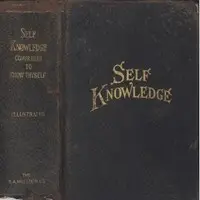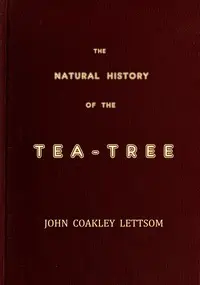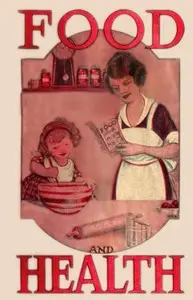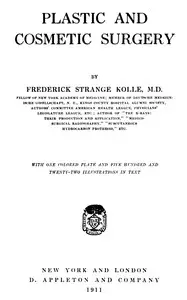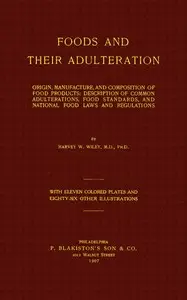"Plain Facts for Old and Young" by John Harvey Kellogg is a late 19th-century educational book that tackles the sensitive subjects of sex, reproduction, and the differences between males and females. It hopes to educate readers on these topics, which were often considered not appropriate to discuss. Arguing that not having the correct information on sexual health can affect both individuals and society, the book seeks to fight ignorance by offering clear facts, all while avoiding sensational or overly moralizing language. The book starts by explaining reproduction in plants and animals to try and present the topic in a logical manner, before going on to discuss human sexuality, health, and making responsible choices.

Plain Facts for Old and Young
By John Harvey Kellogg
Embark on a journey to understand crucial aspects of human life, openly discussed in a world that often prefers to keep them secret.
Summary
About the AuthorJohn Harvey Kellogg was an American businessman, inventor, physician, and advocate of the Progressive Movement. He was the director of the Battle Creek Sanitarium in Battle Creek, Michigan, founded by members of the Seventh-day Adventist Church. It combined aspects of a European spa, a hydrotherapy institution, a hospital and high-class hotel. Kellogg treated the rich and famous, as well as the poor who could not afford other hospitals. According to Encyclopædia Britannica, his "development of dry breakfast cereals was largely responsible for the creation of the flaked-cereal industry."
John Harvey Kellogg was an American businessman, inventor, physician, and advocate of the Progressive Movement. He was the director of the Battle Creek Sanitarium in Battle Creek, Michigan, founded by members of the Seventh-day Adventist Church. It combined aspects of a European spa, a hydrotherapy institution, a hospital and high-class hotel. Kellogg treated the rich and famous, as well as the poor who could not afford other hospitals. According to Encyclopædia Britannica, his "development of dry breakfast cereals was largely responsible for the creation of the flaked-cereal industry."





